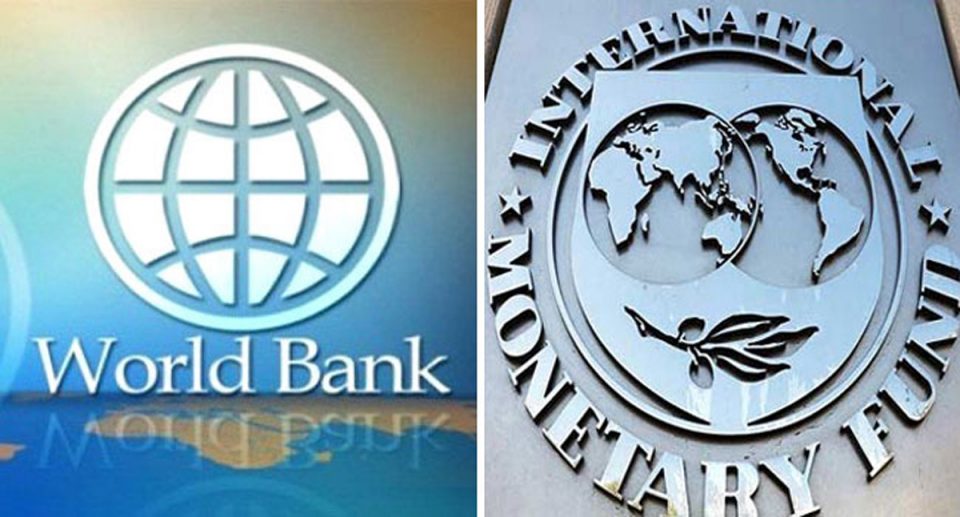- Fuel subsidy made e-vehicles unattractive in Nigeria – W’Bankeolr
The World Bank has said the decision by the previous administration to subsidise the price of petrol hindered the development of e-mobility and use of alternative vehicles, like electric minibuses, two-wheelers and three-wheelers.
The bank in a document titled ‘E-Trans-Electric mobility and transition in Nigeria: Strategy and implementation’, published to facilitate dialogue on urban and rural clean energy e-Mobility strategies that reduce air pollution and greenhouse gas emissions, stated that the funding gulped N4.39tn in 2022.
According to the bank, e-mobility is a general term for the development of electric-powered drivetrains designed to shift vehicle design away from the use of fossil fuels.
It said, “Nigeria devotes significant funds in excess of N4.39tn in 2022 to subsidise transportation, but unfortunately, this funding serves precisely to discourage the development of mobility.
“The subsidisation of petrol discourages the take-up of alternative vehicles such as electric minibuses, two-wheelers and three-wheelers amongst other alternative sources of e-mobility.”
The World Bank stated further that with the removal of fuel subsidy, the introduction of e-buses should be supported by subsidy and financing solutions to offset the high upfront cost, the electricity should come from renewables where possible, the extent of private involvement should be decided at the outset, and commuters should be encouraged to use e-buses.
The Bretton Woods Institution added, “Regulations to enact policies will also need to be developed, mostly at the federal level, adapting the tax regime and permission framework for importing new and used vehicles and instituting new framework drawing from international experience for safe storage, recycling and disposal of batteries and e-waste associated with e-vehicles.
“The long-term vision calls for the expansive adoption of mass transit systems such as the Rail and Bus Rapid Transport to reduce the number of commuter vehicles on the road and curb emissions and encourage the acquisition and use of zero-emission vehicles such as electric cars and buses.”




